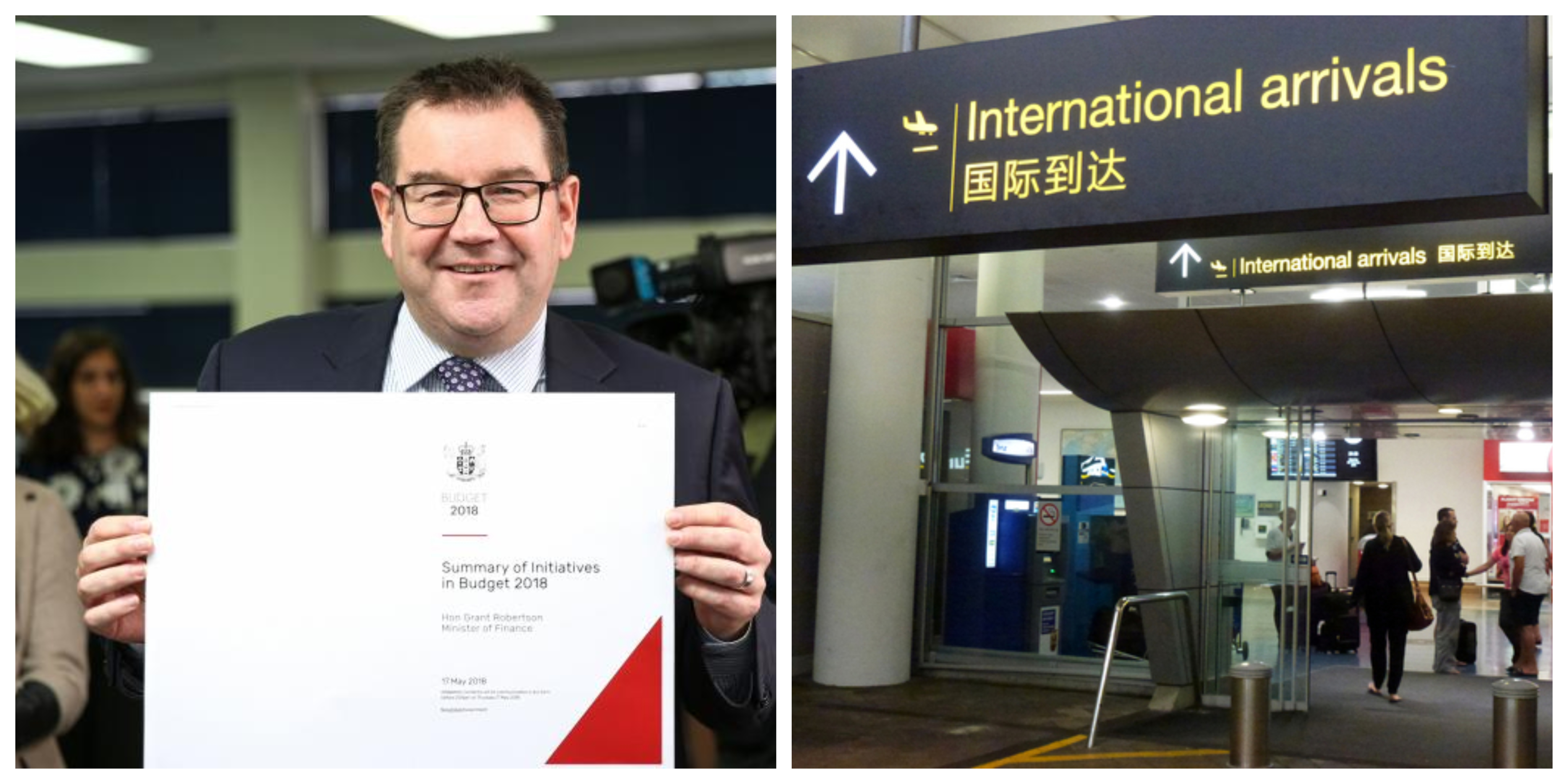As a migrant New Zealander unfamiliar with the politics of your newfound home, you can be forgiven for not paying attention closely to the day-to-day affairs of the nation.
When the national budget was unveiled on the 18th of May, you may have not paid attention since you expected that it contained nothing that would concern you at all.
On the contrary, the first budget of the Labour-New Zealand First government actually presented a number of significant funding allocations that pertain to the welfare of migrants – or as they are better called, “new New Zealanders”.
/arc-anglerfish-syd-prod-nzme.s3.amazonaws.com/public/MAYGM5ENK5A5NJFHEYJVSXXBSY.jpg)
The #Budget2018 made a considerable investment to curtail the biggest plague that affect new New Zealanders – exploitation. A total of $138 million in funding was given to assorted causes that would help tackle the growing problem of migrant exploitation in New Zealand.
Starting from the border itself, an investment of $34 million was provided to train more Immigration New Zealand (INZ) staff to screen incoming migrants and “to identify exploitation risks early”, according to Minister for Immigration Hon. Iain Lees-Galloway.
Usually, red flags of exploitation emerge at the immigration screening at the airport itself when a person’s reason for travel does not match with the visa they have. There are also cases where the incoming migrant carried insufficient funds to sustain their stay in the country, some also could not name their alleged employers or demonstrate they have the skills required for the job they claim to pursue.
Failure to prevent these individuals from entering the country will only lead to them living in slave-like conditions, bereft of any decent work standards, in New Zealand.
Even before these migrants make the trip here, the new government wants to prevent them from being duped from doing so under false pretenses. Hence, a funding boost of $5.6 million for the Immigration Advisers Authority (IAA) was included in #Budget2018 to curtail false immigration advise or fraudulent visa agencies.
The IAA is the main immigration advise authority of New Zealand. It provides licenses to immigration advisers, accrediting only those who maintain reliable advise standards.
The government agency also receives complaints of false immigration advise given to migrants, as well as investigate immigration advisers and visa agencies which give wrong advise to their clients.
The IAA is stretched thin and only caters to the biggest violators, but the added funding will provide them with more manpower and resources to pursue all reported cases. The added funding also hopes that the IAA can be vigilant against advisers and agencies not just in New Zealand but also those based offshore.
In March, controversy arose in the New Zealand Filipino community when a Philippine-based visa agency was spreading false immigration information to their clients. This added allowance for the IAA will hopefully prevent similar incidents from happening in the future.
There was also an added $8.8 million in funding given to the Labour Inspectorate, in order to crackdown on employers practicing unsafe or unfair work standards. The investment will allow the hiring of more labour inspectors, as well as provide them with better resources to pursue exploitation cases.
Many migrant workers have been victimized by this practice. They are lured into New Zealand under false promises of decent salary and work environment, but are then enslaved in inhumane conditions by their employers.
Labour inspectors have the duty to conduct examination of work areas, determining if they are upholding required work standards or not. According to First Union general-secretary Dennis Maga, there are “only 50-60 odd labour inspectors in the country” which means they are stretched too thin and thus only cater to the most pressing cases.
He hopes that this funding boost will allow labour inspectors to investigate all cases throughout the country. The added cash injection will also benefit the Employment Mediation Services, the tribunal which handles a variety of work-related disputes.
Funds have also been provided to allow INZ to transition to a simpler, more streamlined visa-issuing service by 2020 which will save applicants on cost and time. The project is dubbed, “Visa Services 2020”.
These investments are necessary to quash the exploitation of migrants that still occur in New Zealand today, and to ensure all New Zealanders – no matter the background – will have a decent standard of living in this country.
Beyond that, this is also necessary to harness our country’s reputation as a safe work environment and one which ensures excellent work conditions for all its workers.

